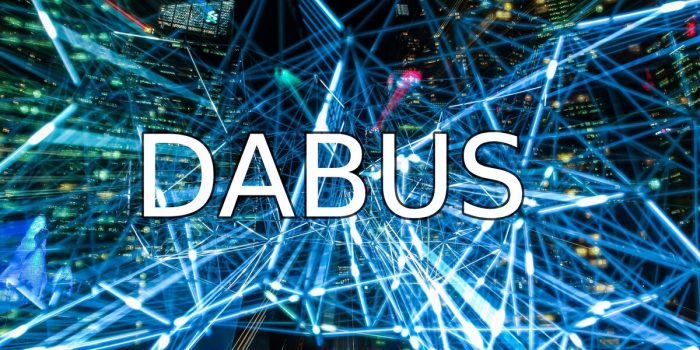The legal dispute surrounding an artwork produced by an artificial intelligence (AI) named DABUS has raised profound questions regarding intellectual property, AI-generated content, and the concept of AI personhood.
In 2012, DABUS, a generative AI, generated an artwork titled “A Recent Entrance to Paradise,” with its creator listed as Stephen Thaler. However, a U.S. federal judge recently ruled against Thaler’s claim to copyright for the artwork, triggering an ongoing appeal.
Stephen Thaler, an AI researcher and inventor based in Missouri, has found himself embroiled in several legal disputes on behalf of DABUS, including cases in the European Union and Australia. Currently, he awaits a decision from the UK Supreme Court concerning patent applications for inventions he contends were generated by DABUS. These legal battles reflect the increasing impact of generative AI on intellectual property rights.

Ryan Abbott, a professor of law and health sciences at the University of Surrey in the UK, is a staunch supporter of Thaler’s legal endeavors. Abbott asserts that machine-generated inventions, whether produced by scientists or AI systems, should receive protection to incentivize the use of AI for the benefit of society. He argues that traditional patent and copyright laws must adapt to accommodate AI’s evolving role in innovation. Abbott maintains that the distinction between human and machine creators should not impede intellectual property protection.
Abbott’s perspective extends to both patents and copyrights. He posits that AI-generated content, including music and art, should be eligible for copyright protection as it can incentivize creative AI applications that serve the public interest. Abbott underscores that intellectual property regimes should foster creation rather than hinder it, regardless of whether humans or machines participate in the creative process.
Through the Artificial Inventor Project, Abbott represents Thaler in various jurisdictions, often pro bono. However, the two diverge in their interpretation of the significance of their legal efforts. Abbott clarifies that the focus on DABUS’s autonomy has led to misconceptions about their objectives. He does not advocate for AI ownership of copyrights but seeks recognition of AI’s role in automating traditional aspects of authorship, akin to other generative AI systems aiding humans in the creative process.

In contrast, Thaler firmly asserts that DABUS operates autonomously, devoid of human input or intervention, viewing this autonomy as a pivotal distinction. He contends that DABUS embodies a new form of sentience and personhood, and his legal battles aim to draw attention to this perspective.
To summarize, the legal disputes involving DABUS underscore the evolving challenges surrounding intellectual property and AI-generated content. While Abbott advocates recognizing AI’s contribution to creative processes, Thaler adopts a more radical stance, asserting that AI systems like DABUS possess a unique form of autonomy and sentience that warrants acknowledgment. These legal battles reflect the intricate and multifaceted implications of AI’s influence on both the legal and philosophical landscapes.


